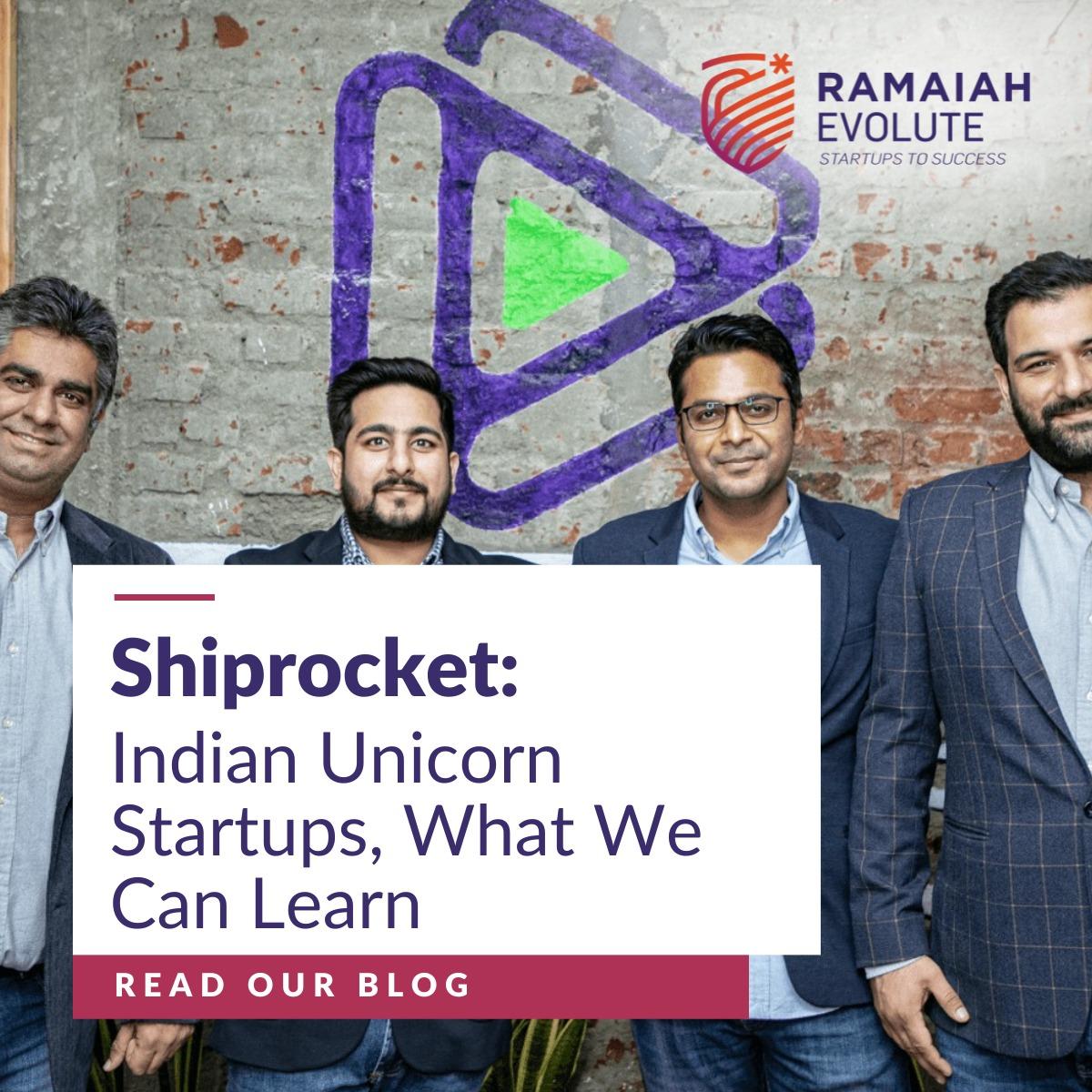Shiprocket

In the dynamic landscape of Indian startups, few names stand out as prominently as Shiprocket. As an aggregator, Shiprocket has redefined the e-commerce logistics sector, earning its unicorn status in August 2022 with a valuation of 1.23 billion. This remarkable journey not only serves as an inspiring success story but also offers invaluable lessons for entrepreneurs, investors, and the wider business community. In this article, we’ll explore Shiprocket’s journey and uncover the essential takeaways it offers to the Indian startup ecosystem.
The Aggregator Revolution
Before diving into Shiprocket’s story, it’s crucial to understand the role of aggregators in the Indian business ecosystem. Aggregators serve as intermediaries, consolidating services and offerings from various providers to offer a more streamlined and efficient experience to consumers. In the e-commerce logistics sector, Shiprocket’s ascendancy to unicorn status exemplifies the transformative power of aggregation.
Embracing Technology and Innovation
Shiprocket’s journey to unicorn status is a testament to its innovative approach to e-commerce logistics. The company has likely leveraged technology to create a more efficient, reliable, and cost-effective logistics network.
Lesson 1 : Harnessing Technology for Efficiency
Shiprocket teaches us the significance of utilizing technology for operational efficiency. Startups in logistics and aggregation can benefit by incorporating cutting-edge technologies like AI, data analytics, and automation to streamline operations and enhance service delivery.
Lesson 2 : Collaborative Platforms for Growth
Shiprocket’s success highlights the potential of collaborative platforms. These platforms enable businesses to connect with a broader network of logistics providers and offer customers a vast array of choices. Startups should explore the collaborative model to foster growth and offer diversified services.
Meeting Market Needs
One of Shiprocket’s key accomplishments is its ability to cater to the evolving needs of the Indian e-commerce market. This entails addressing the challenges and complexities that emerge as the sector expands.
Lesson 3 : Identifying Market Gaps
Shiprocket’s success can be attributed to its capacity to identify unmet needs in the e-commerce logistics sector. Startups must engage in thorough market research to spot gaps and emerging challenges, then develop innovative solutions to address these gaps.
Lesson 4 : Flexibility and Adaptation
Indian e-commerce is a dynamic and evolving sector. Shiprocket’s ability to adapt to changing market conditions and customer needs is a noteworthy lesson. Startups should remain flexible in their approach, ready to pivot when necessary, and open to adapting to the evolving industry landscape.
Lesson 5 : Cost-Effective Logistics
In the e-commerce logistics arena, cost-effective solutions are highly sought after. Shiprocket’s success underscores the importance of providing reliable, cost-effective logistics services. Startups should strive to optimize their cost structures while delivering quality services.
Scaling With Efficiency
Reaching unicorn status is a reflection of Shiprocket’s scalability and its ability to cater to a growing market demand for e-commerce logistics services.
Lesson 6 : Scalability for Growth
Shiprocket’s preparedness for rapid growth is a lesson for startups. Scalability should be built into the business model from the outset. New businesses must anticipate expansion and the increased demand for their services.
Lesson 7 : Operational Excellence
Shiprocket’s efficiency in managing logistics operations is key to its success. Startups should focus on operational excellence, optimizing processes, and enhancing productivity to handle a growing customer base.
Lesson 8 : Customer-Centric Growth
Shiprocket’s journey underscores the importance of a customer-centric approach to growth. Startups should ensure that as they scale, the quality of customer service and experience is maintained or improved.
Data-Driven Decision-Making
The Indian e-commerce logistics sector is data-rich, and Shiprocket’s journey demonstrates the importance of data-driven decision-making.
Lesson 9 : Leveraging Data for Optimization
Shiprocket’s emphasis on data-driven logistics optimization is an essential lesson. Startups should harness data and analytics to improve delivery routes, inventory management, and resource allocation.
Lesson 10 : Predictive Insights
The utilization of data for predictive insights is another significant lesson from Shiprocket. Startups can benefit from predictive analytics to foresee and address operational challenges before they occur.
Collaborative Ecosystem
Shiprocket’s journey is a testament to the power of building a collaborative ecosystem within the e-commerce logistics industry. This approach involves partnerships with logistics providers and e-commerce platforms.
Lesson 11 : Collaborative Success
Shiprocket’s willingness to collaborate and create a mutually beneficial ecosystem is a crucial lesson. Startups should consider forming strategic partnerships and alliances to expand their reach and offer a more comprehensive service.
Lesson 12 : Adaptability to Market Dynamics
Shiprocket’s collaborative ecosystem allows it to adapt to the changing dynamics of the Indian e-commerce market. Startups should remain nimble and willing to adjust their strategies as market dynamics shift.
The Ongoing Journey
Shiprocket’s journey to unicorn status is not just a business achievement; it’s a testament to the potential of the Indian startup ecosystem. The aggregation model, driven by technology and innovation, holds immense promise for the e-commerce logistics sector. By embracing technology, addressing market needs, focusing on efficiency, and fostering collaboration, startups can make significant contributions to the industry and thrive in the ever-evolving Indian business landscape. Shiprocket’s journey reminds us that the path to success is not just about reaching unicorn status but about continuing to innovate and deliver value to customers.
SHARE

